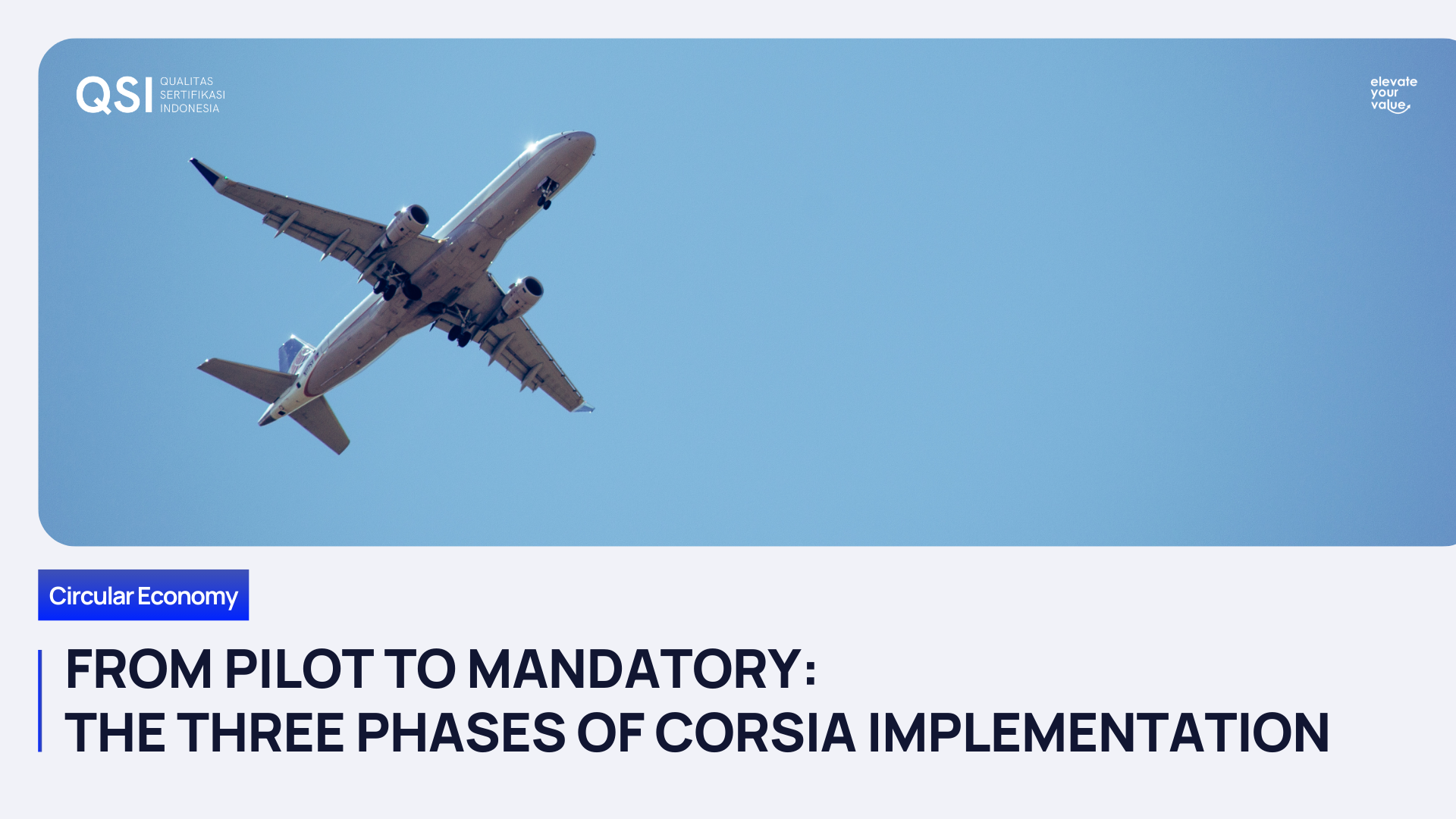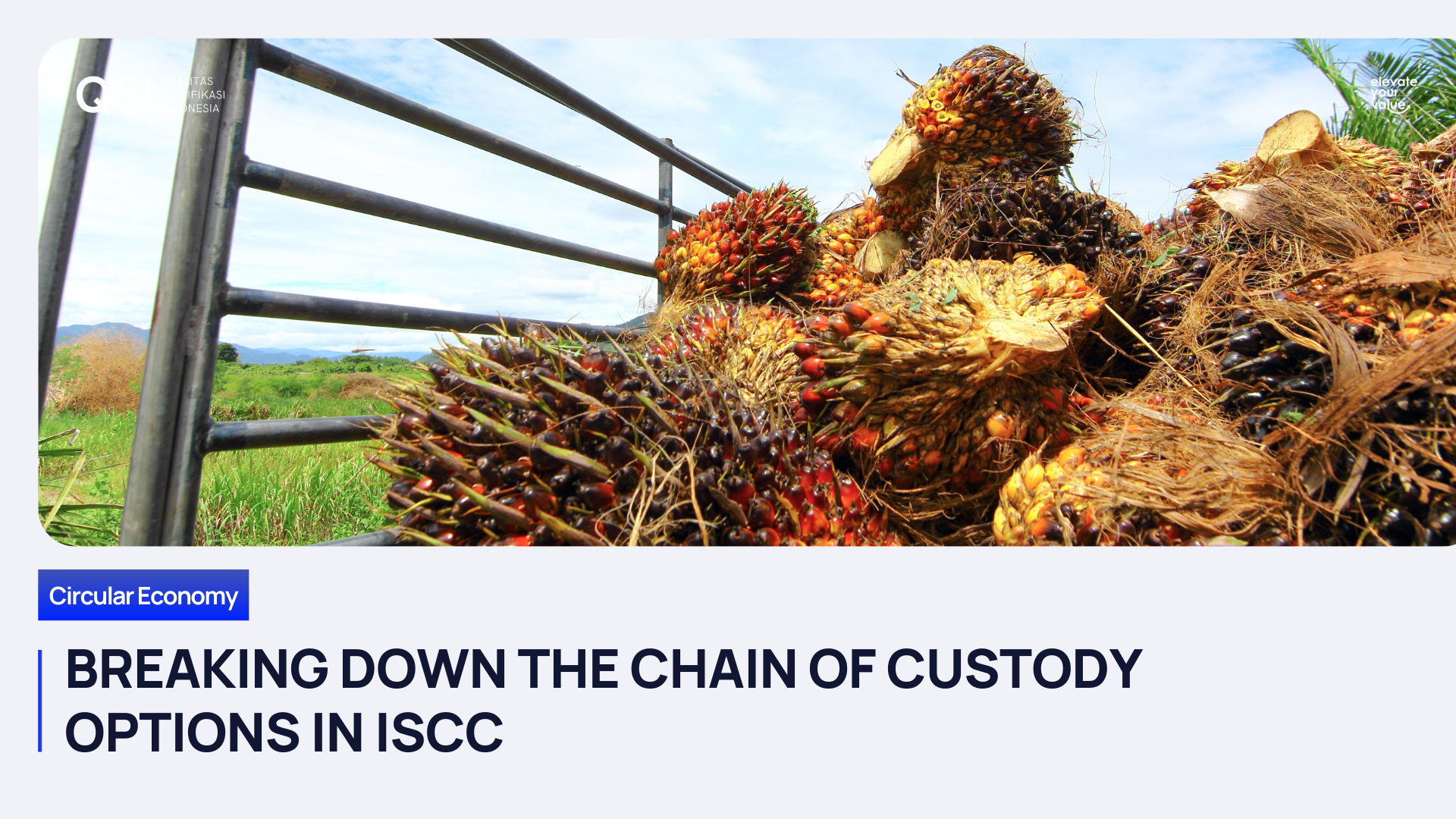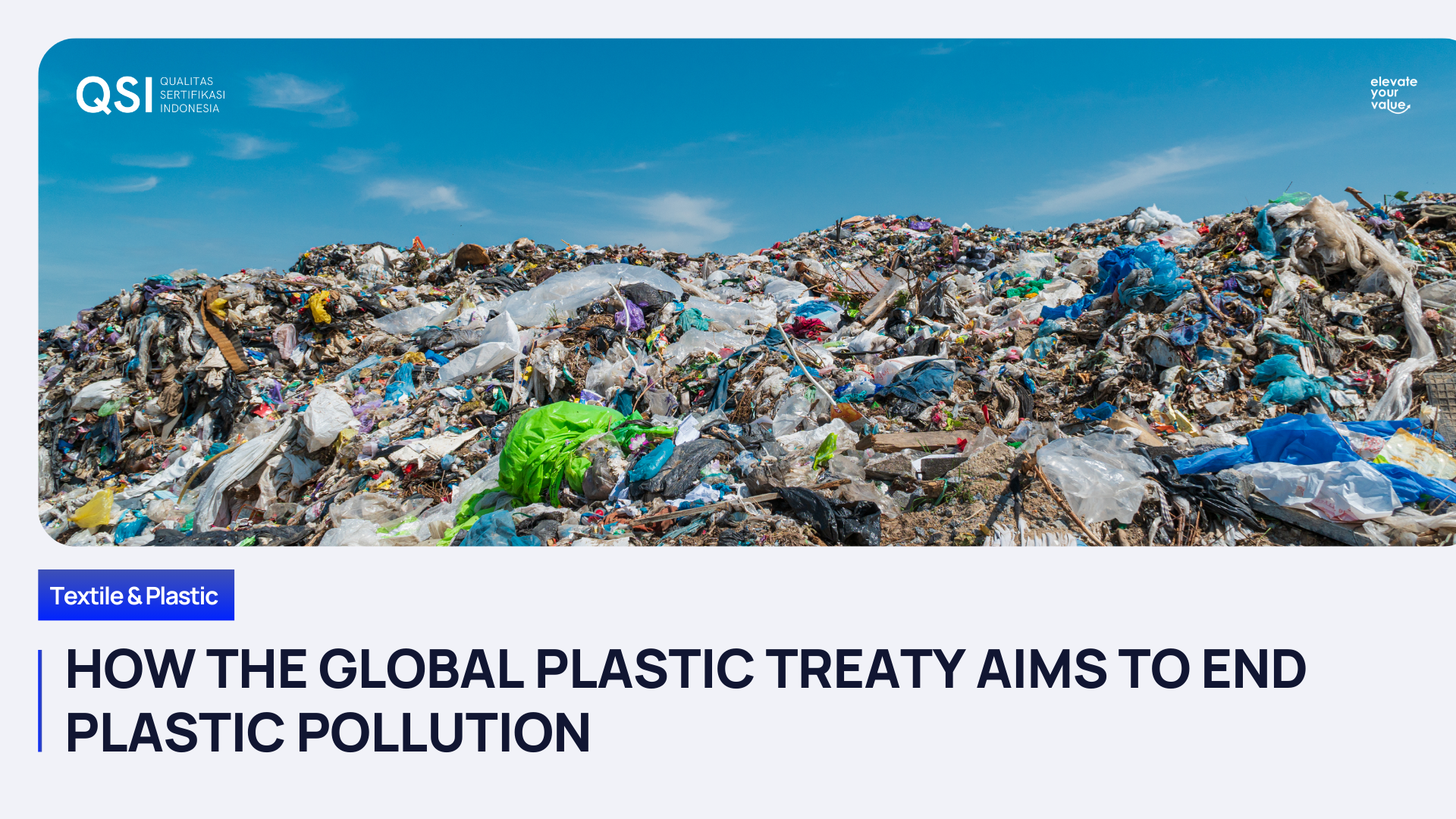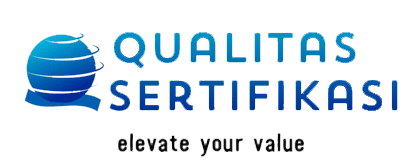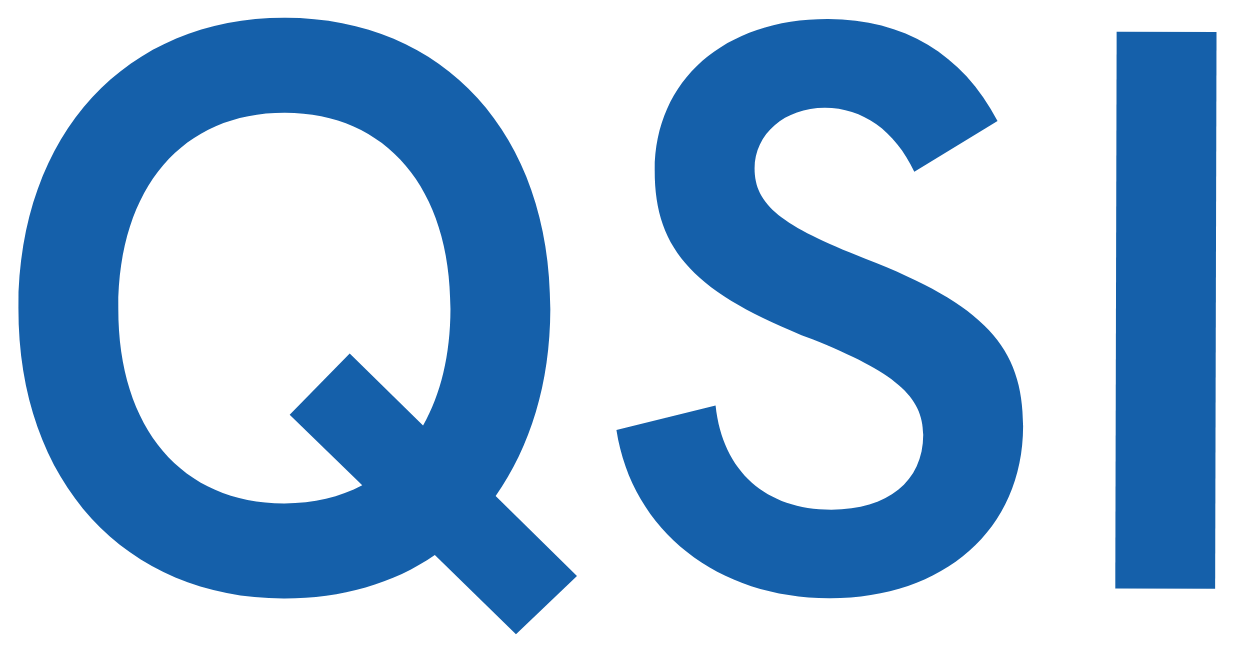Pebisnis Kayu Harus Tahu Manfaat Sertifikasi SVLK
Devisa ekspor industri kayu Indonesia terus mengalami peningkatan bahkan mencetak rekor pada 2021, dengan 13,57 miliar dolar AS. Selama semester I tahun 2022, ekspor kayu menyumbang devisa 8,35 miliar dolar AS atau naik 11,8 persen dibandingkan capaian pada periode yang di tahun sebelumnya. Tiga industri pengguna kayu yang menjadi highlight adalah pulp (bubur kertas), kertas, dan panel kayu, masing-masing dengan raihan devisa 2,43 miliar dolar AS, 1,94 miliar dolar AS, dan 1,91 miliar dolar AS.
Potensi ekspor kayu dari Indonesia memang masih terbuka lebar. Pada akhir Agustus 2022, Kementerian Perdagangan (Kemendag) menyebut potensi ekspor produk kayu ringan Indonesia sangat terbuka, mengingat tingginya kebutuhan dunia terhadap komoditas tersebut.
Namun perlu diingat, untuk masuk ke pasar internasional ada beberapa syarat yang harus dipenuhi. Di antaranya adalah sertifikasi keberlanjutan yang bersifat voluntary, dengan tujuan menjamin perlindungan terhadap lingkungan. Mereka antara lain, Forest Stewardship Council (FSC) dan Programme for the Endorsement of Forest Certification (PEFC). Di Indonesia, pemerintah memiliki skema sertifikasi wajib (mandatory) dengan nama
Sistem Verifikasi Legalitas dan Kelestarian (SVLK) yang juga bertujuan untuk memastikan semua produk kayu yang beredar dan diperdagangkan memiliki status legal dan lestari yang meyakinkan.
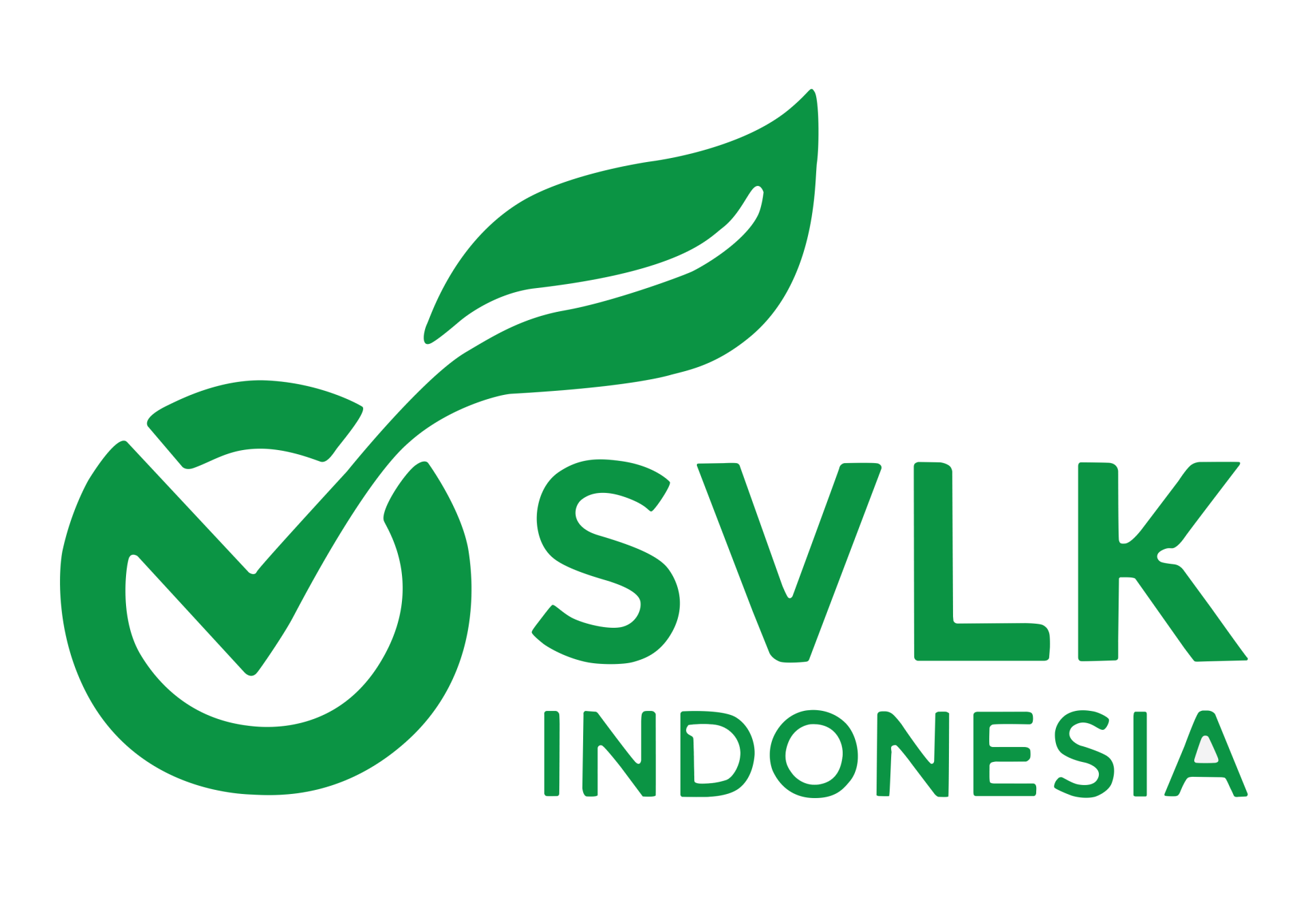
Apa saja manfaat dari SVLK?
Membuka pasar ekspor
Indonesia merupakan salah satu negara menandatangani Kesepakatan Kemitraan Sukarela (FLEGT-VPA) dengan Uni Eropa. Skema ini juga menjamin produk kayu Indonesia yang masuk ke Eropa telah terverifikasi bebas illegal logging. Lantas, dengan keberadaan lisensi ekspor produk kayu SVLK atau V-Legal ini bisa berfungsi sebagai FLEGT-License dan membuka lebar kesempatan untuk melakukan ekspor ke negara luar.
Kesempatan bersaing dengan perusahaan besar
Kepemilikan V-Legal tidak hanya memberi kesempatan pengusaha untuk mengekspor produknya, tetapi juga membuka pintu agar bersaing dengan perusahaan besar, multinasional, bahkan skala internasional. Keberadaan sertifikasi ini menjadi penjamin akan kualitas, kelegalan dan kelestarian produk, disamping menunjukkan komitmen dalam menjaga keberlanjutan lingkungan.
Menambah kredibilitas dan kepercayaan diri di hadapan konsumen
Adanya SVLK juga membantu pengusaha dalam meningkatkan kredibilitas dan kepercayaan diri. Sistem ini telah diinformasikan ke berbagai dunia, dengan tujuan memastikan negara-negara pengimpor hanya menerima kayu dari Indonesia yang telah disertifikasi dan tidak menerima kayu illegal.
Sistem tersebut juga menjadi salah satu solusi yang ditawarkan Pemerintah Indonesia untuk mengurangi hal-hal negatif, seperti penebangan pohon secara liar. Beberapa hal yang wajib jelas dan terlacak dalam sistem ini antara lain asal-usul kayu, izin penebangan, tata kelola dan prosedur penebangan, pengangkutan, pengolahan, serta perdagangan atau pemindahtanganan. Semua hal ini harus dapat dibuktikan dan memenuhi persyaratan legal yang berlaku.
Meraih pengakuan dari internasional
Penerapan SVLK juga dipercaya dapat memenangkan kepercayaan dari pasar internasional, bahwa produk kayu Indonesia berasal dari sumber yang legal dan berkelanjutan. Minister of State for Pacific and the Environment Inggris, Lord Goldsmith, dalam sebuah webinar mengatakan komitmen dan standar legalitas produk kayu Indonesia memudahkan importir dan konsumen Inggris untuk melakukan sourcing kayu berkelanjutan.
QSI atau PT Qualitas Sertifikasi Indonesia adalah perusahaan terdaftar dan aktif di Indonesia yang menyediakan layanan sertifikasi SVLK dan menerbitkan dokumen V-legal. Jadi, buat kamu yang masih penasaran apa itu SVLK atau mau cari informasi lain soal bisnis, kayu dan peluang ekspornya, bisa banget dicek
link ini. Di dalamnya sudah ada nomor yang bisa dihubungi ataupun brosur kita.
